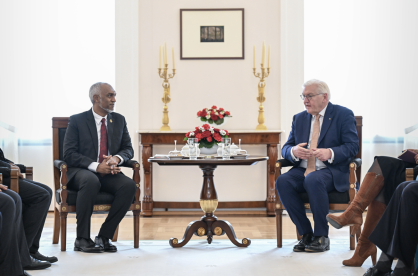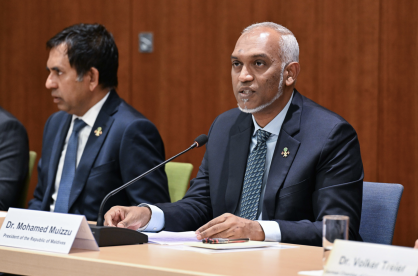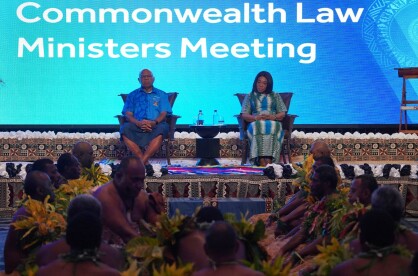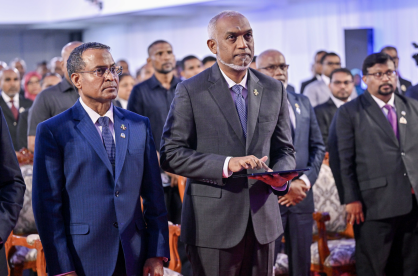The Police Commissioner (PC) of the Maldives, Ali Shujau has stated that the Government will no longer allow public gatherings in any form of protests in some outlined zones in the Maldives. When it comes to protests, the Maldives has always been a country where citizens take to the streets to ensure their voices are heard. Although protests are a common form of ensuring your voice is heard in the Maldives, protests are not at all accepted by the Government, as the public has witnessed time and time again. Whether it was a politically complicit protest or not, most of the protests that have taken place in recent years have ended with tea gas and people getting hurt as the police attempted to break up the protest.
While the protests have never ended peacefully, the most recent protest that took place has prompted the Police Commissioner to make this decision, which many might see as a step against freedom of speech in the country. Just last month, following a ruling from the Parliament against some of the ministers that were appointed by the current Government, an outrage was caused outside the parliament which resulted in some members climbing the wall of the parliament and throwing objects into the yard. With this, Defense Minister Gassan Maumoon as well as Police Commissioner Ali Shujau were summoned to the Security Services Committee of the Parliament.
After the committee session, a decision was reached to revoke the blanket permission previously granted to citizens for protests, even within designated green zones, which were previously off-limits for demonstrations as per the law. The Police Commissioner emphasized that the only permissible location for protests and gatherings without prior approval is the Carnival area. Despite the government's previous tolerance of gatherings in other locales, this stance has shifted in the aftermath of the recent parliamentary assembly.
Henceforth, the green zones, encompassing areas surrounding significant governmental institutions such as the Parliament building, the President's Office, and the Supreme Court, will no longer serve as permissible spaces for public gatherings or protests. This adjustment marks a departure from past practices, signalling a stricter approach to managing public dissent in the Maldives.






